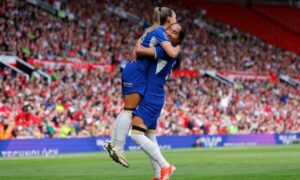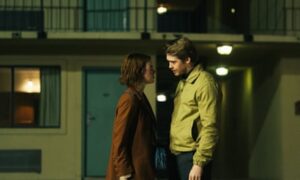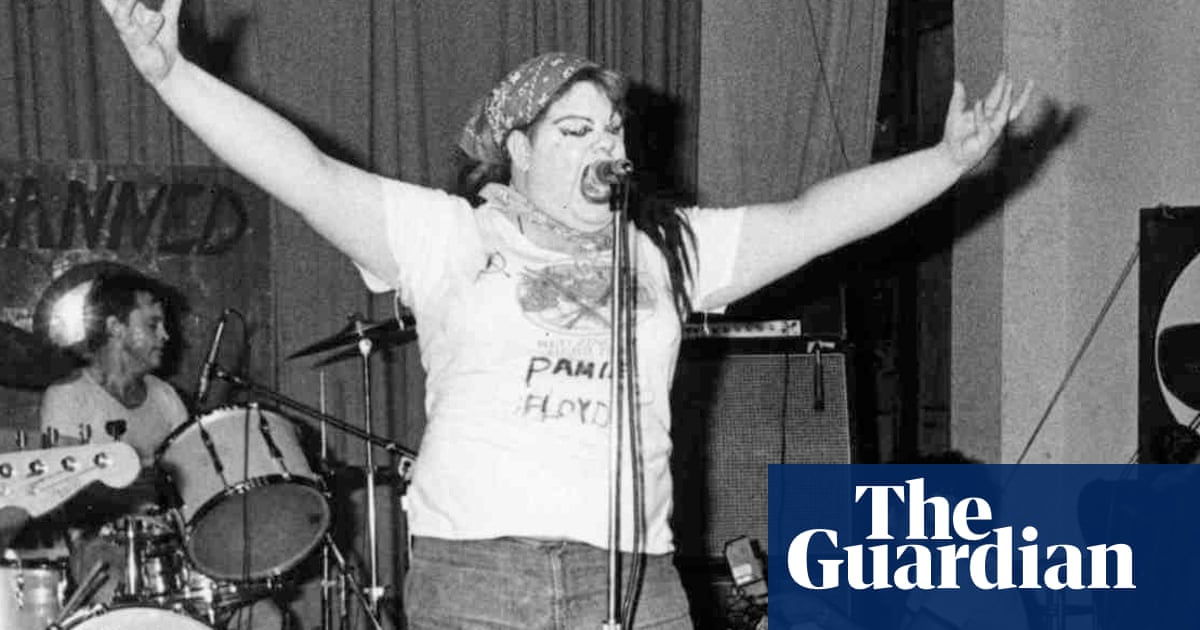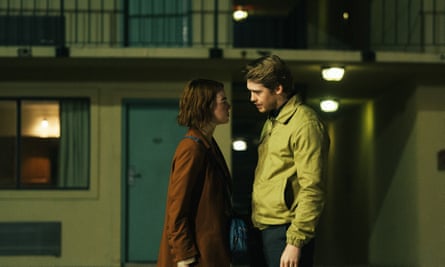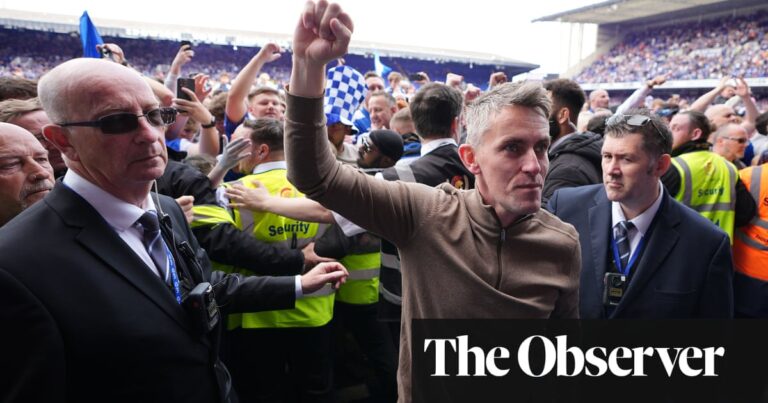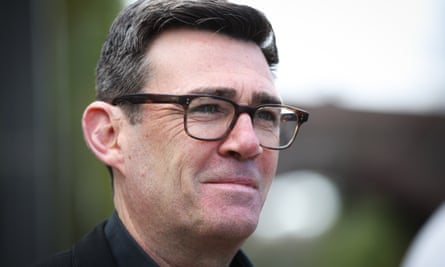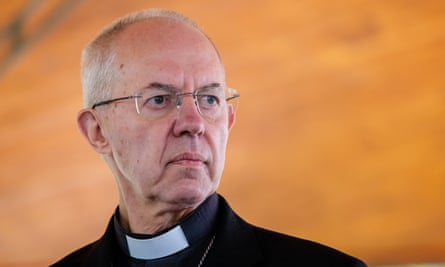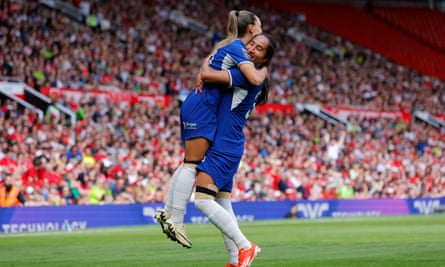Between its vitriolic hatred of cops, Nazis, the Klan and the bourgeoisie, and the ecstatic joy of losing oneself to gloryholes and porno stores, few punk albums sounded like the Dicks’ Kill from the Heart when it was released in 1983 – and as it gets reissued this month, few still do.
Frontman Gary Floyd – who died last week aged 71 – was loudly, proudly, brilliantly out and the Dicks were fondly described as a “commie faggot band” by punk fanzine Maximum Rocknroll, even if plenty of others would have spat those words at them. Floyd didn’t care. “I always felt that if you don’t like me because I’m gay, fuck you. You’re wrong,” he told me in February from his home in San Francisco, as he was looking forward to the album reissue.
Having moved from the small Texan town of Palestine as a young man, his politics and irrepressible attitude were shaped while working as a janitor at a psychiatric hospital in Houston – employment he’d been assigned as a conscientious objector to the Vietnam war. The callous treatment of the hospital’s patients appalled him, but the city wasn’t without perks. “It was scary but exciting,” he said. “It was 1972 so the hippie thing was getting tired, but it was a whole new world of drugs and ‘let’s try to do everything as quickly as possible’. A lot of things I’d known in theory became a reality. Like I’d never seen real queers before – there were gay people everywhere. Before I was sort of closeted but in Houston I realised I wanted to come out, and once that door was opened, I just defied anybody.”
Floyd moved to Austin in August 1974 and met fellow Dicks Buxf Parrott (bass) and Glen Taylor (guitar) at punk club Raul’s in 1979. “They looked like escaped prisoners,” Floyd laughed. “They had a band in San Antonio but they didn’t want to stay there. I told them I had a band and was looking for people. They said ‘you don’t even know what we play,’ and I said ‘well, I need everything.’”
Formed in 1980, they released the classic Dicks Hate the Police EP (the title track later covered by grunge mainstays Mudhoney), and live performances might involve drag, chocolate frosting clawed from panties and mayonnaise-filled condoms hurled into the audience.
Floyd was well aware, however, that such antics might not go down so well outside liberal, freak-friendly Austin (which had other gay-fronted or allied punk bands such as Big Boys and MDC). He recalled being taken to task more for “the commie thing” than his sexuality on tour, but certainly wasn’t oblivious to his home state’s track record when it came to police brutality, the death penalty and illiberal views towards women, people of colour and the LGBTQ+ community. “I could be very paranoid travelling around Texas,” he admitted. “We played in McAllen once and it was only after we left that I realised they had the highest number of cop abuse cases in the nation. And there I am singing Hate the Police. What a fuckin’ idiot!’”
By now “a real band playing real songs”, Kill from the Heart made them labelmates with linchpin punk acts Black Flag, Hüsker Dü and Minutemen. The Dicks embarked on the three-month Rock Against Reagan tour, playing alongside Dead Kennedys and more. It was gruelling, and afterwards Floyd was the sole Dick to permanently relocate to San Francisco. A second iteration of the band released These People: a slower, bluesier if no less caustic LP that paved the way for the rootsy band Sister Double Happiness.
Running from 1986 to 1995, Sister Double Happiness broke away from a punk scene Floyd felt had become homogenised and too focused on knuckleheaded ritual. “I gave my mother a Sister Double Happiness album,” he smiled. “She said it was going to be easier for her to play to her friends, because, unlike the Dicks, every other word wasn’t ‘fuck’.” The band toured, though, with acts who’d been inspired by the 80s punk scene the Dicks had helped build, including Soundgarden (“the nicest people in the world”) and cusp-of-megastardom Nirvana. “That tour had been booked before Nevermind came out,” Floyd said. “They were playing clubs that held 500 or maybe a thousand people and there’d be 6,000 trying to get in.”
Ill health meant Floyd became less active musically, but visual art remained a major creative outlet until the end of his life. Hinduism and Buddhism help him navigate a world that seems somehow worse than in his piss-and-vinegar punk years, and he certainly seemed happy – San Francisco residents became familiar with the sight of Floyd piloting his Rascal mobility scooter as he doled out pet treats to local dogs. “My friend said that I’m now what’s referred to as that guy,” he said, smiling again. “I used to be a punk rocker screaming commie queer shit, but now I’m that guy. But there’s a lot worse guys – I could be wearing a Maga hat.”
Source: theguardian.com






